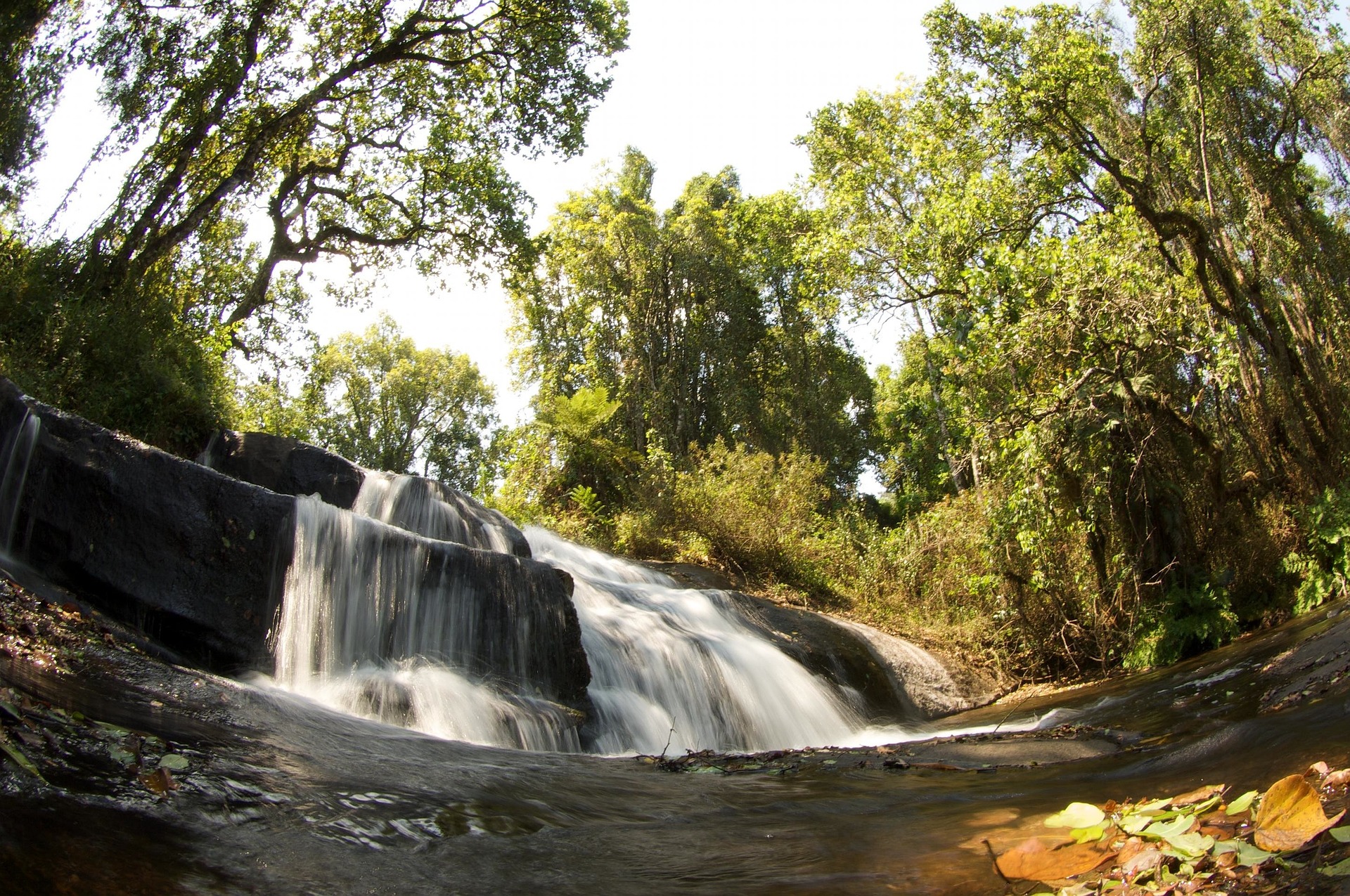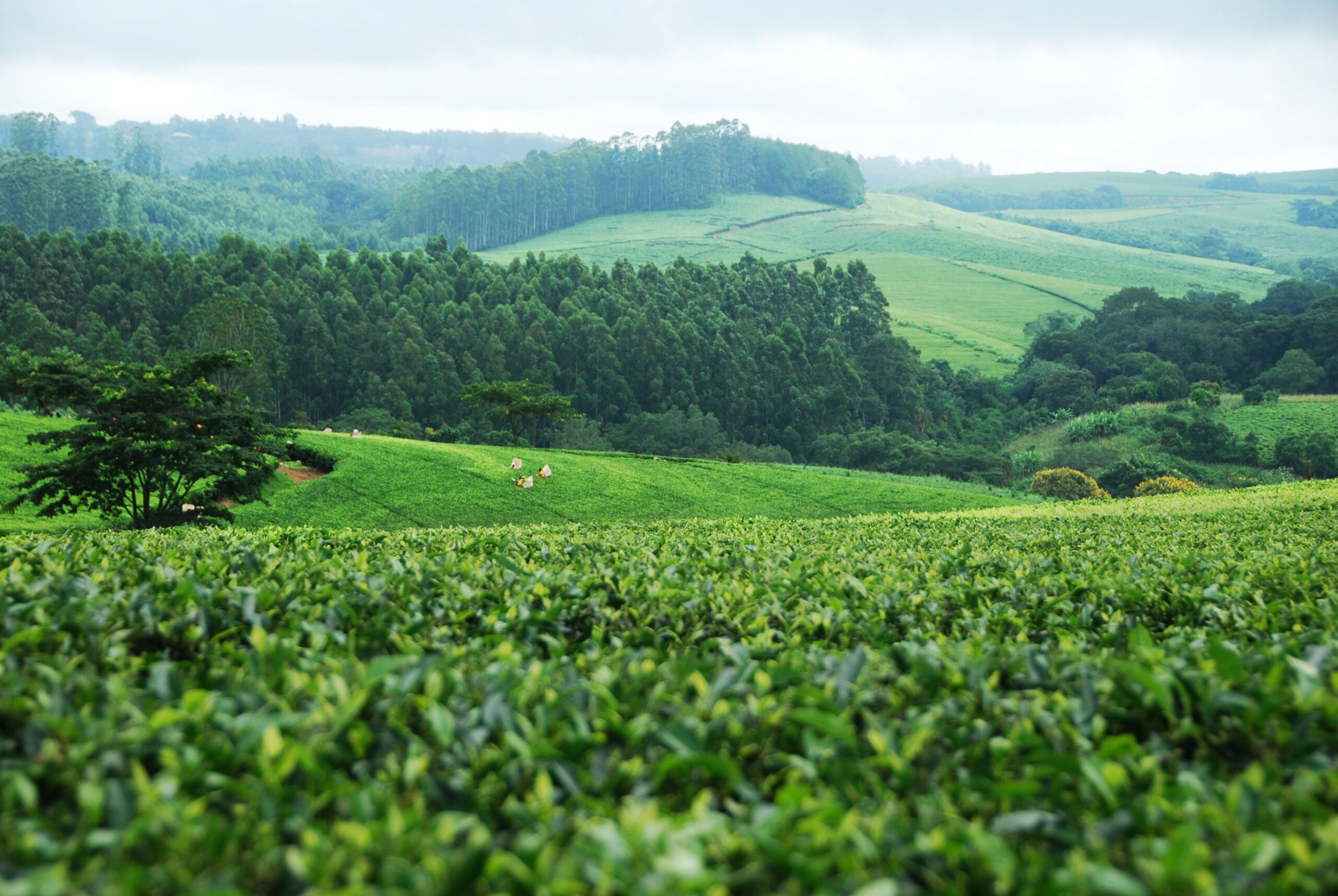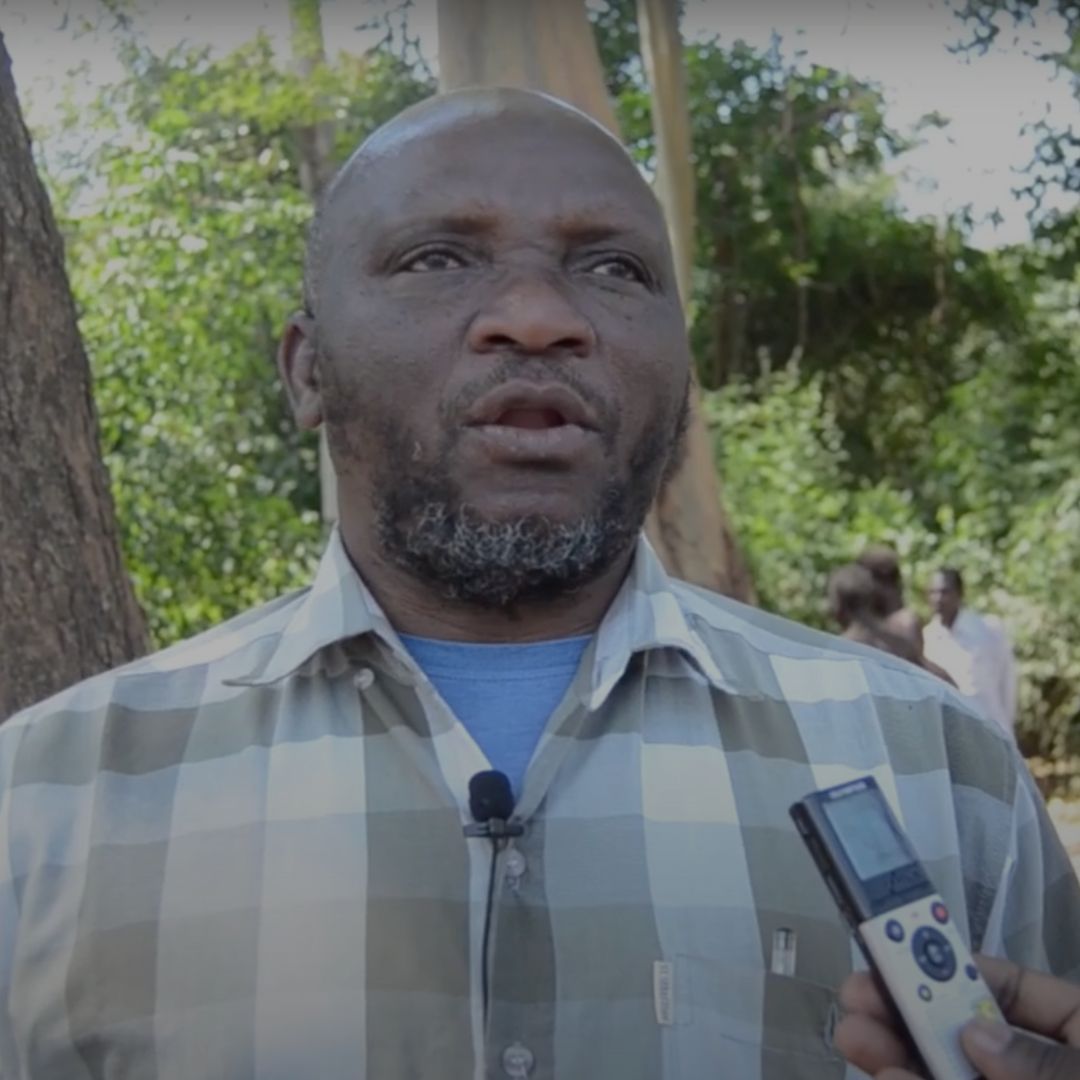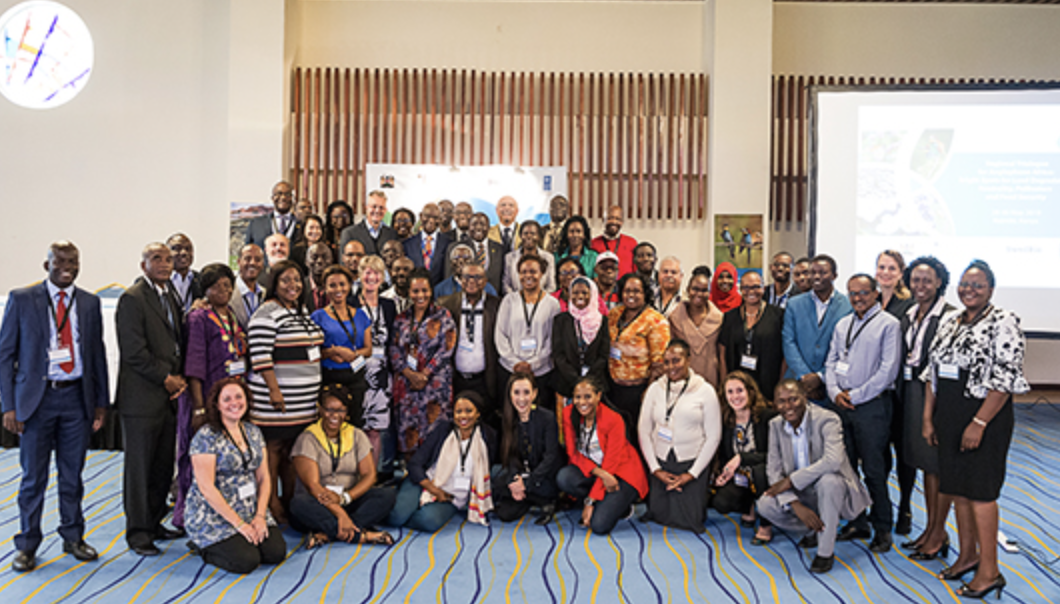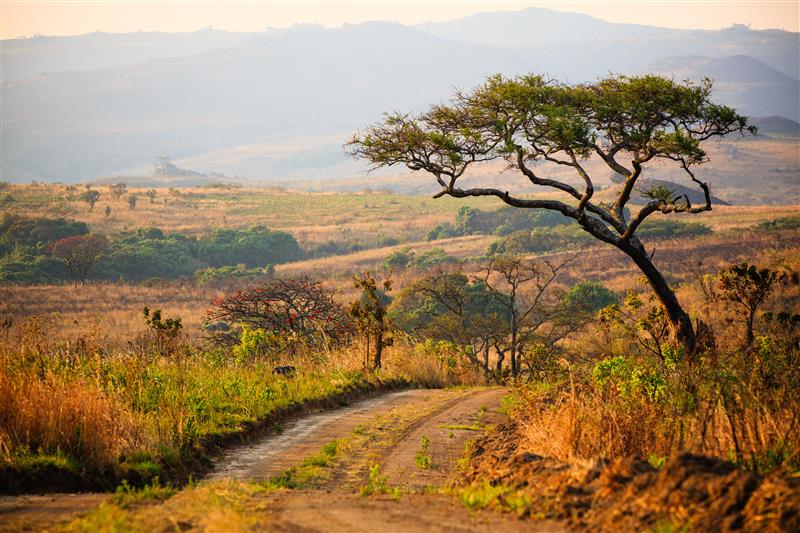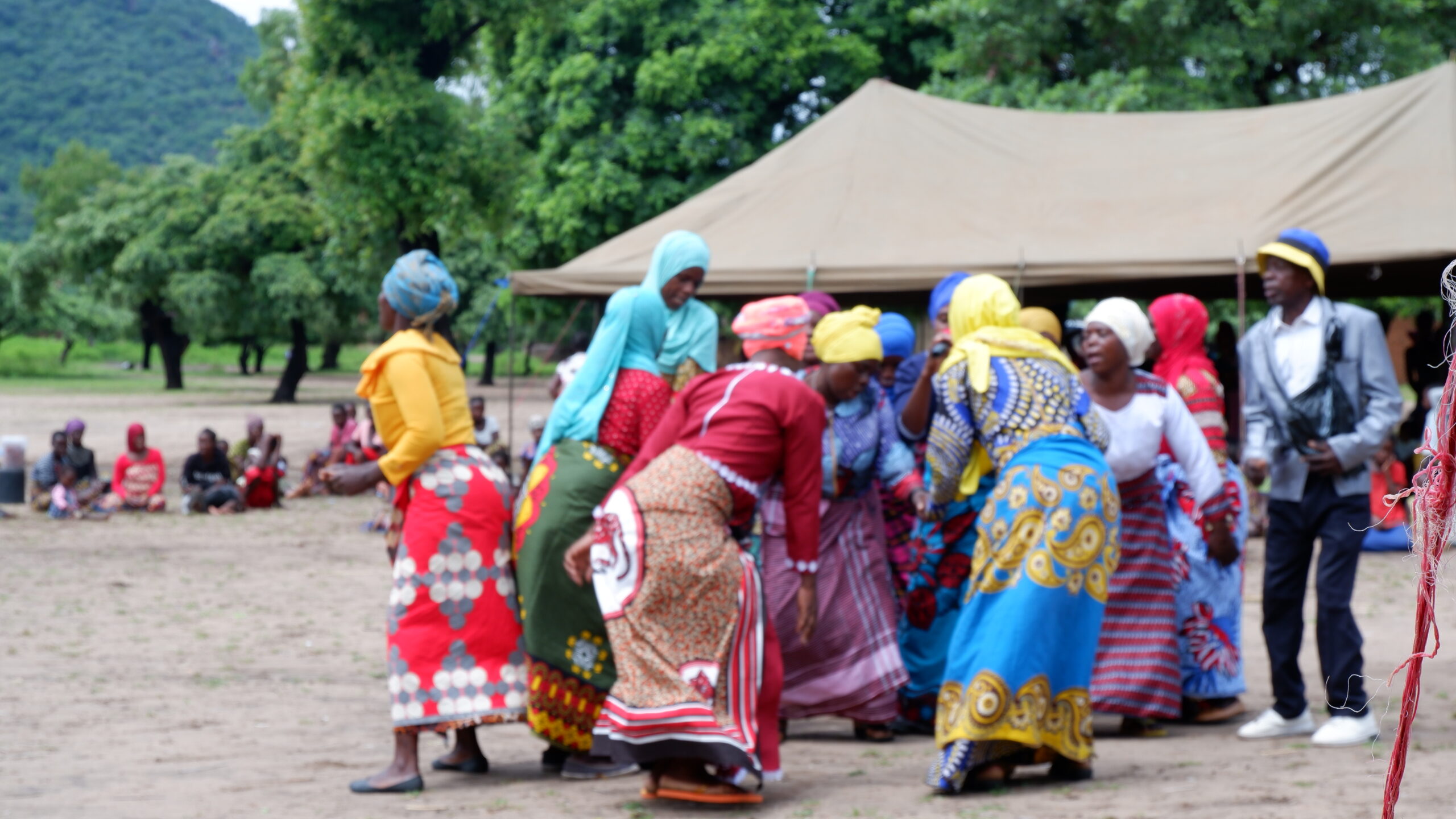Malawi's Collaborative Approach
Leveraging Dialogue to Address Biodiversity Loss and Empower Local Communities
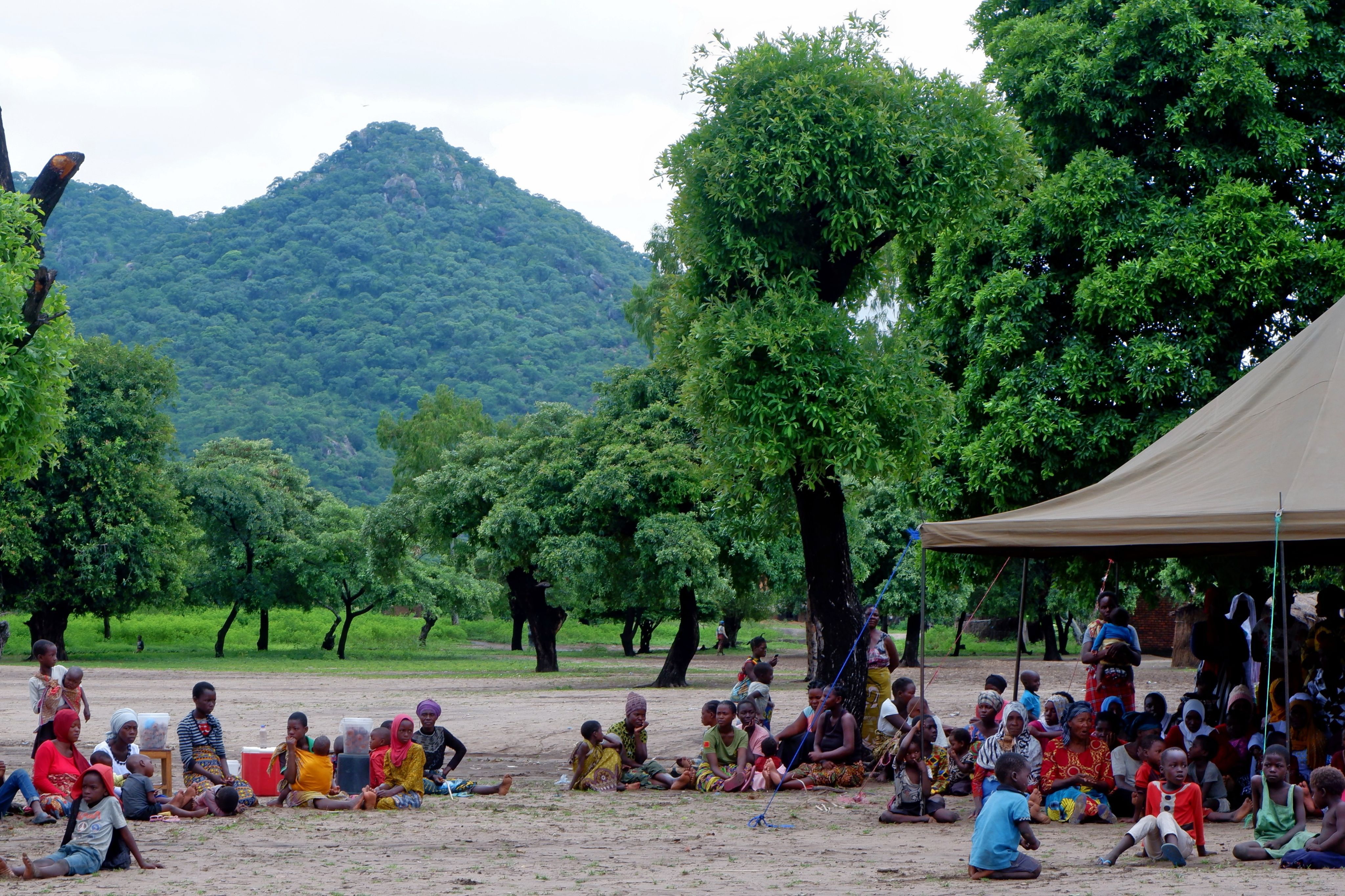
Known for its rich biodiversity, Malawi is home to a diverse range of plant and animal species, including many rare and endemic organisms found nowhere else in the world.
One of its most precious treasures is Lake Malawi, which is among the deepest lakes in the world and the country’s largest freshwater lake, sustaining a delicate ecosystem teeming with diverse aquatic life.
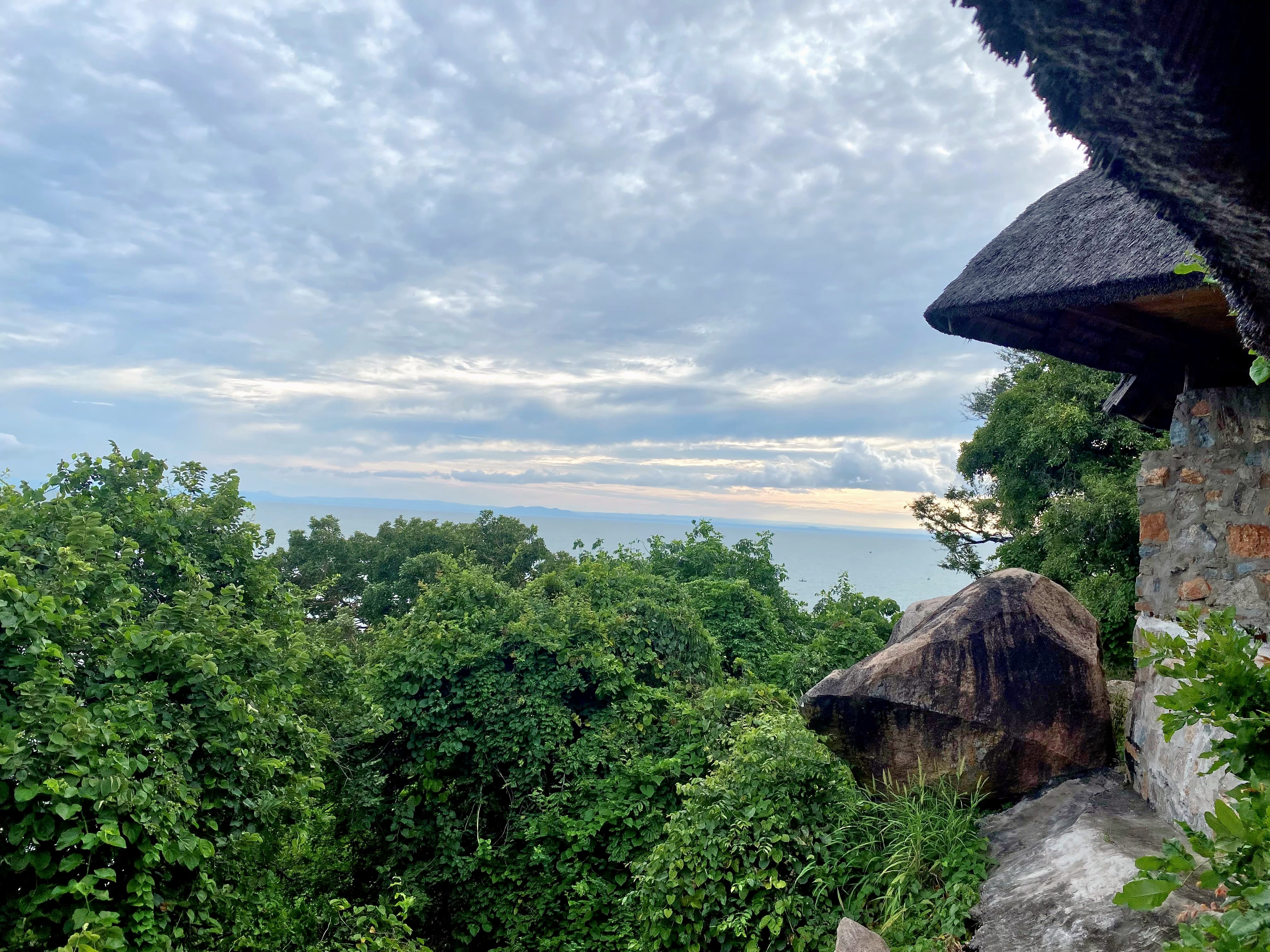
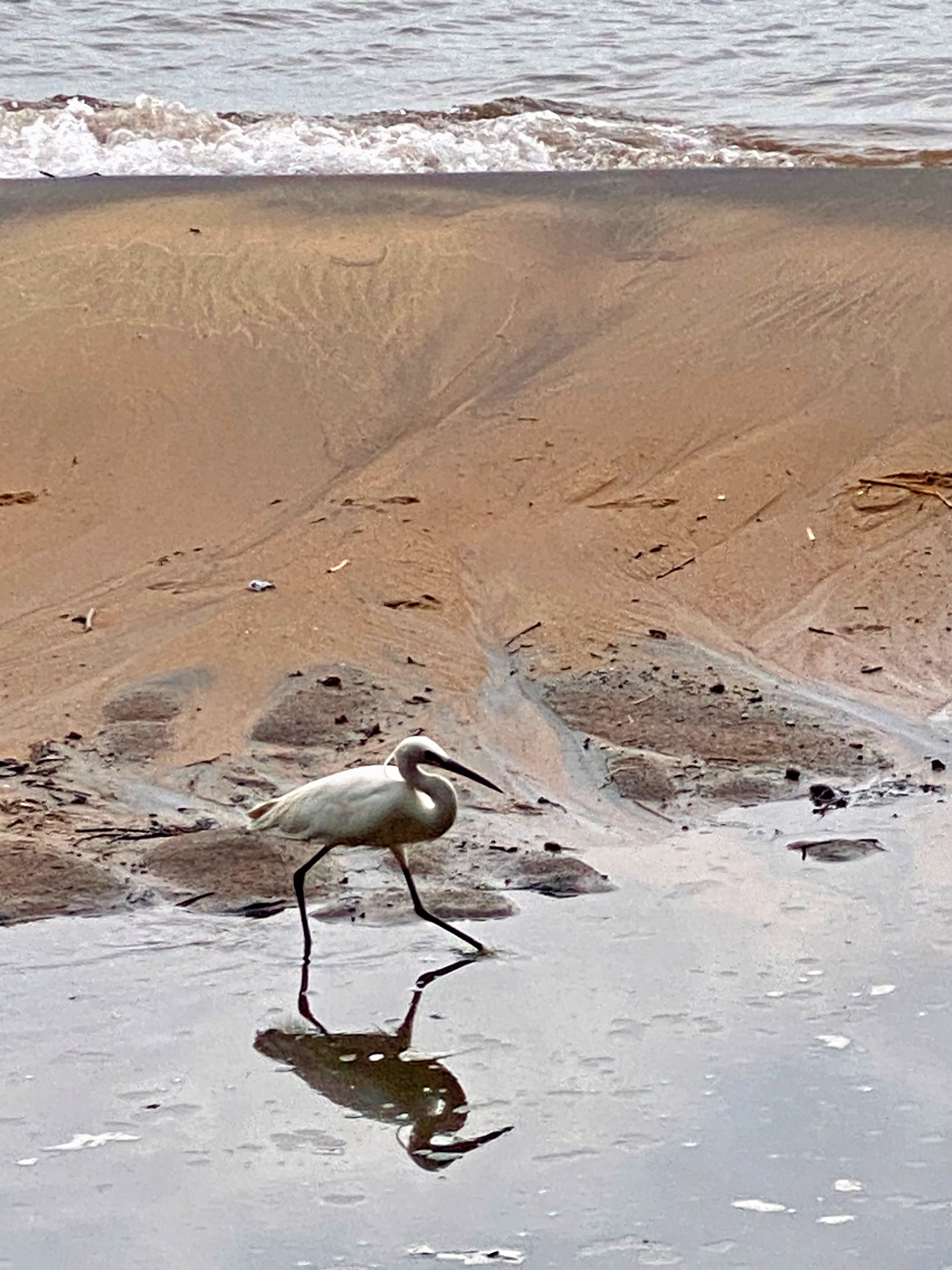
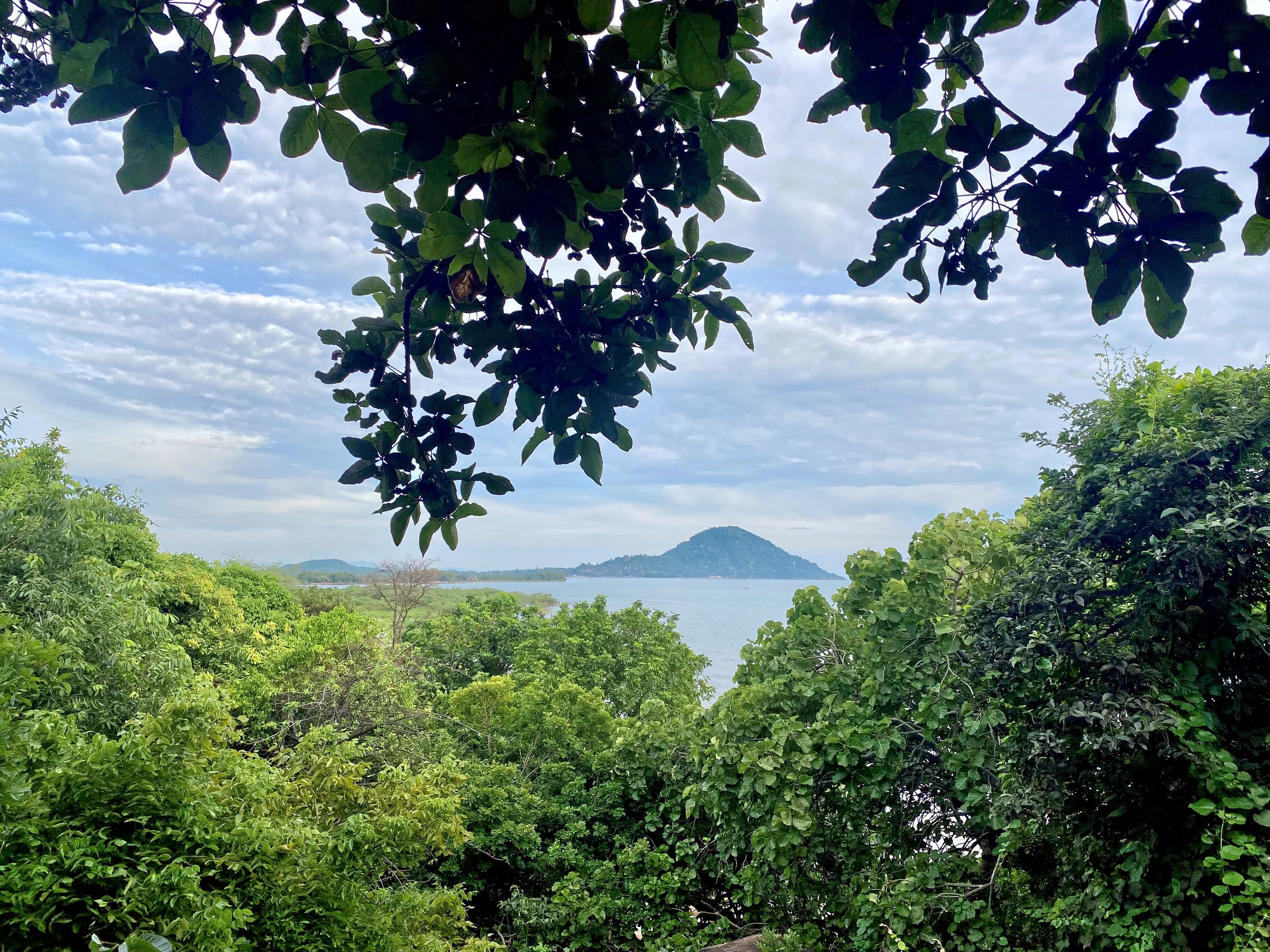



The vast and thriving biodiversity present in Malawi plays a crucial role in supporting the livelihoods of local communities, who rely largely on nature for food, shelter and traditional medicine remedies.
With close to half of the population reporting severe food insecurity chronically, Malawi’s biodiversity loss – driven by unsustainable use of natural resources, pollution and climate change – threatens the survival of the most vulnerable communities.
But there is hope, thanks to the commitment of multiple actors, including national policymakers, scientists, local knowledge holders and practitioners who are joining forces in addressing the challenge of biodiversity loss.
The Malawi Government, through the Environmental Affairs Department of the Ministry of Natural Resources and Climate Change, is currently assessing the status and trends of biodiversity loss in Malawi in collaboration with the Lilongwe University of Agriculture and Natural Resources, which coordinates the engagement of authors/experts.
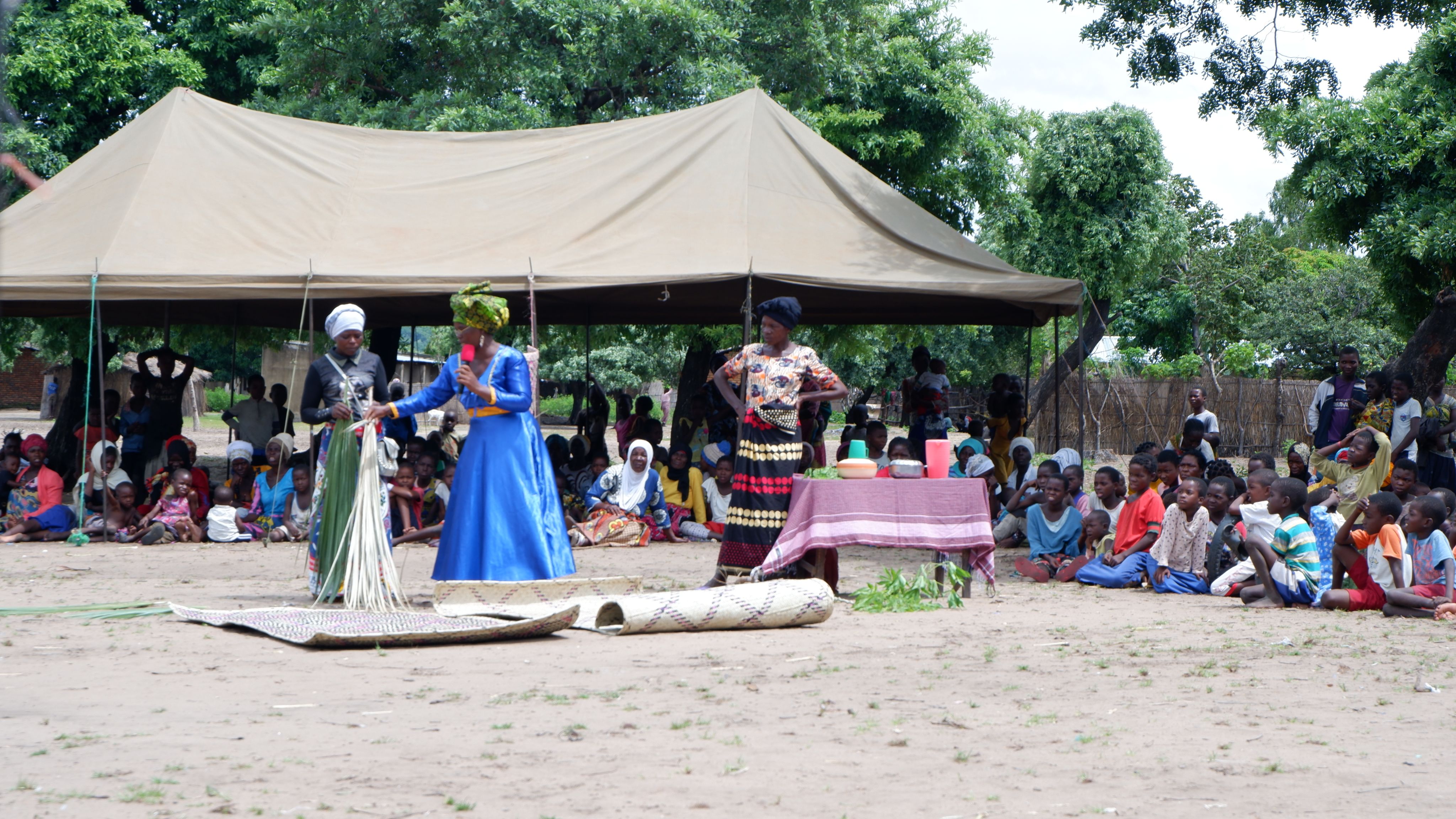
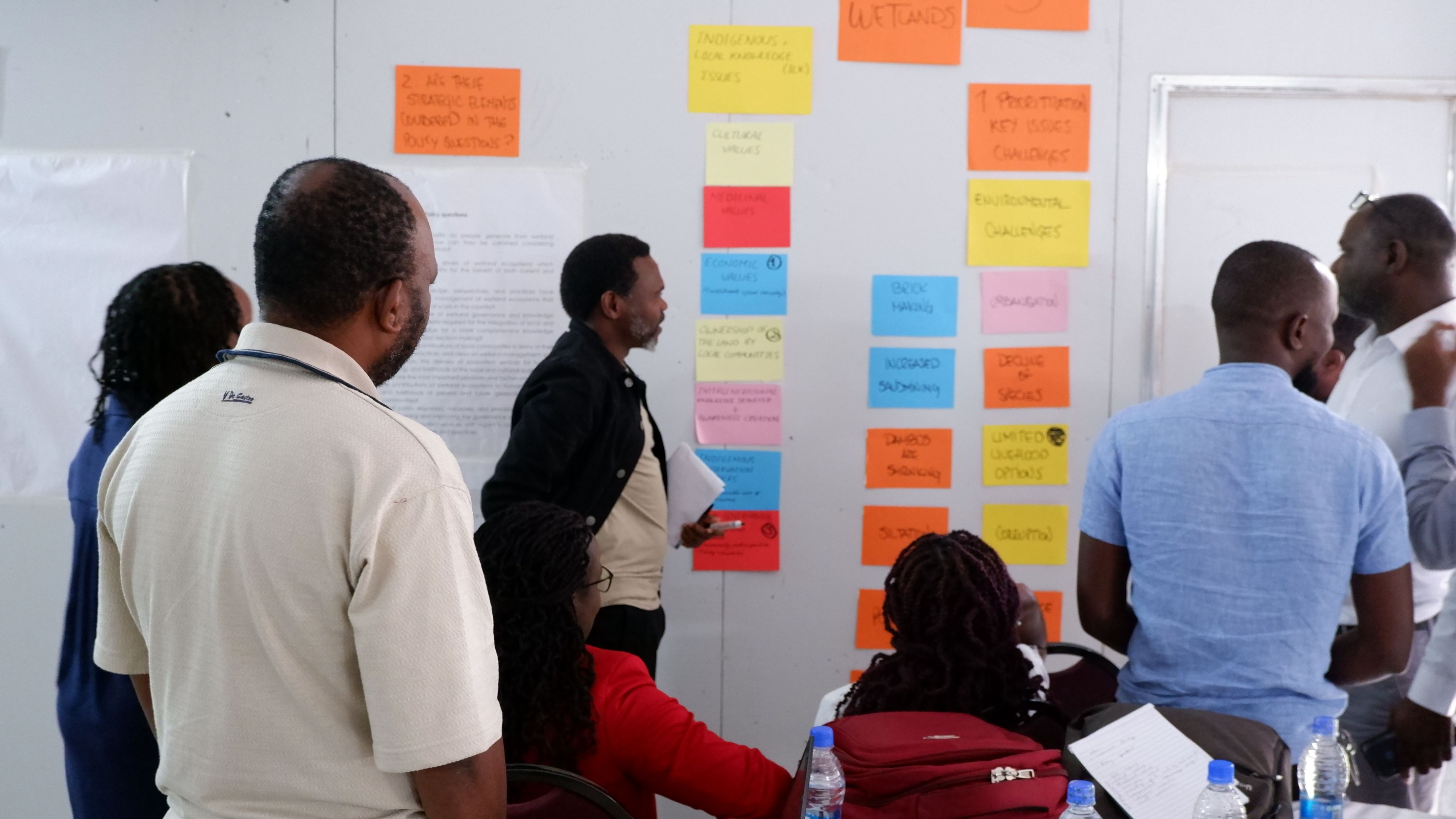
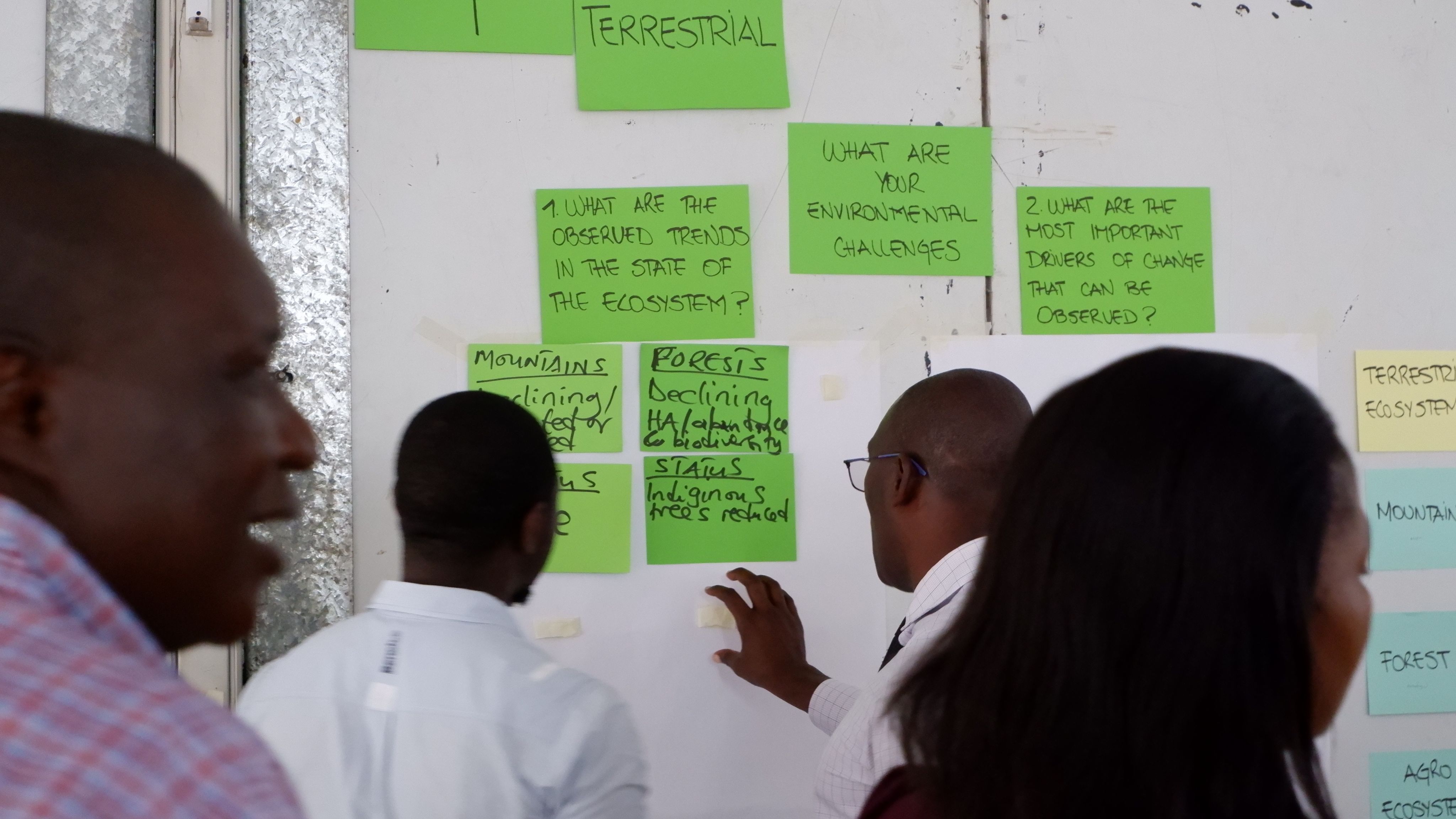



This comprehensive evaluation is conducted with the technical support of the UN Environment Programme World Conservation Monitoring Centre through the National Ecosystem Assessment Initiative, under the umbrella of the Biodiversity and Ecosystem Services Network (BES-Net).
This collaborative effort aims to gather available information to understand the effectiveness of previous measures and increase the knowledge for informed decision-making in the future. Launched in 2022, the national assessment is currently concluding the scoping stage, intended to guide the next steps of the evaluation by framing the main biodiversity challenges around which the assessment authors will rally their data collection efforts and engaging key knowledge holders and stakeholders in the coming year.
This endeavour was supported by the triangular dialogue tool known as Trialogue, which provided a platform for an in-depth knowledge exchange and contributions to the assessment from participants with diverse knowledge sets and worldviews, including policymakers, scientists and Indigenous Peoples and local communities.
We asked Dr. Lilian Chimphepo, Principal Environmental Officer and IPBES National Focal Point, what the value of the Trialogue is.
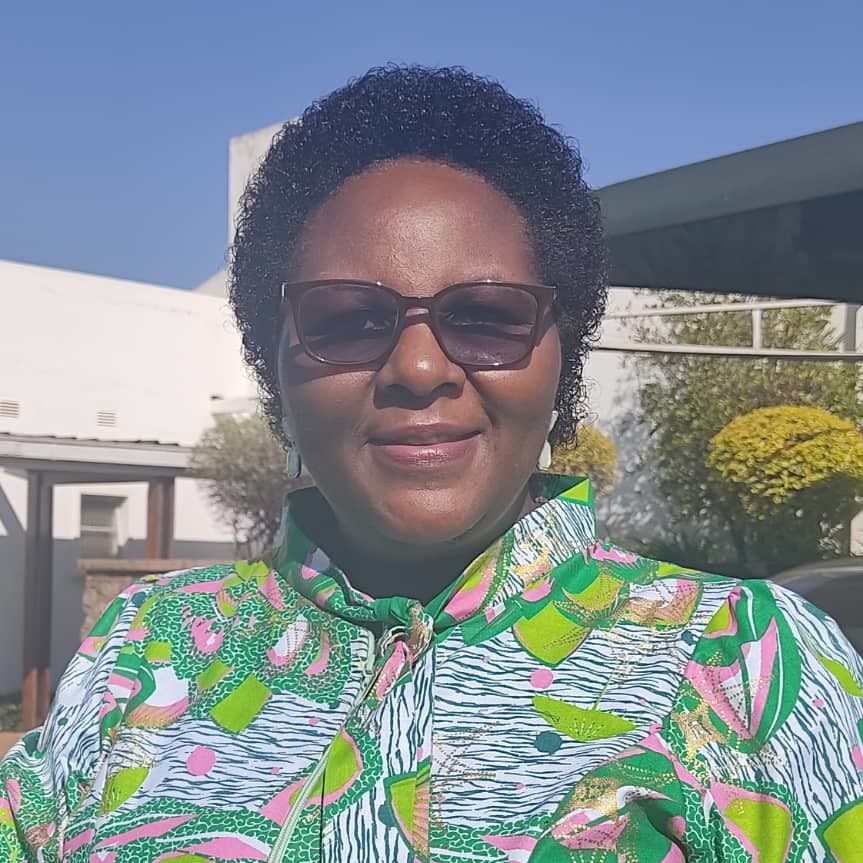
The national Trialogue is one of the most effective tools for engaging all stakeholders, and that enables knowledge-sharing and joint decision-making. The National Trialogue has added more value to the process as all knowledge holders, including scientific and Indigenous and local knowledge holders, were valued and taken on board from the initial scoping stage.
Recognizing the roles of Indigenous Peoples as key stewards of the country’s environment, the Malawi assessment team, with support from the United Nations Educational, Scientific and Cultural Organization, has been closely working with Indigenous communities to weave their knowledge into the assessment from the outset.
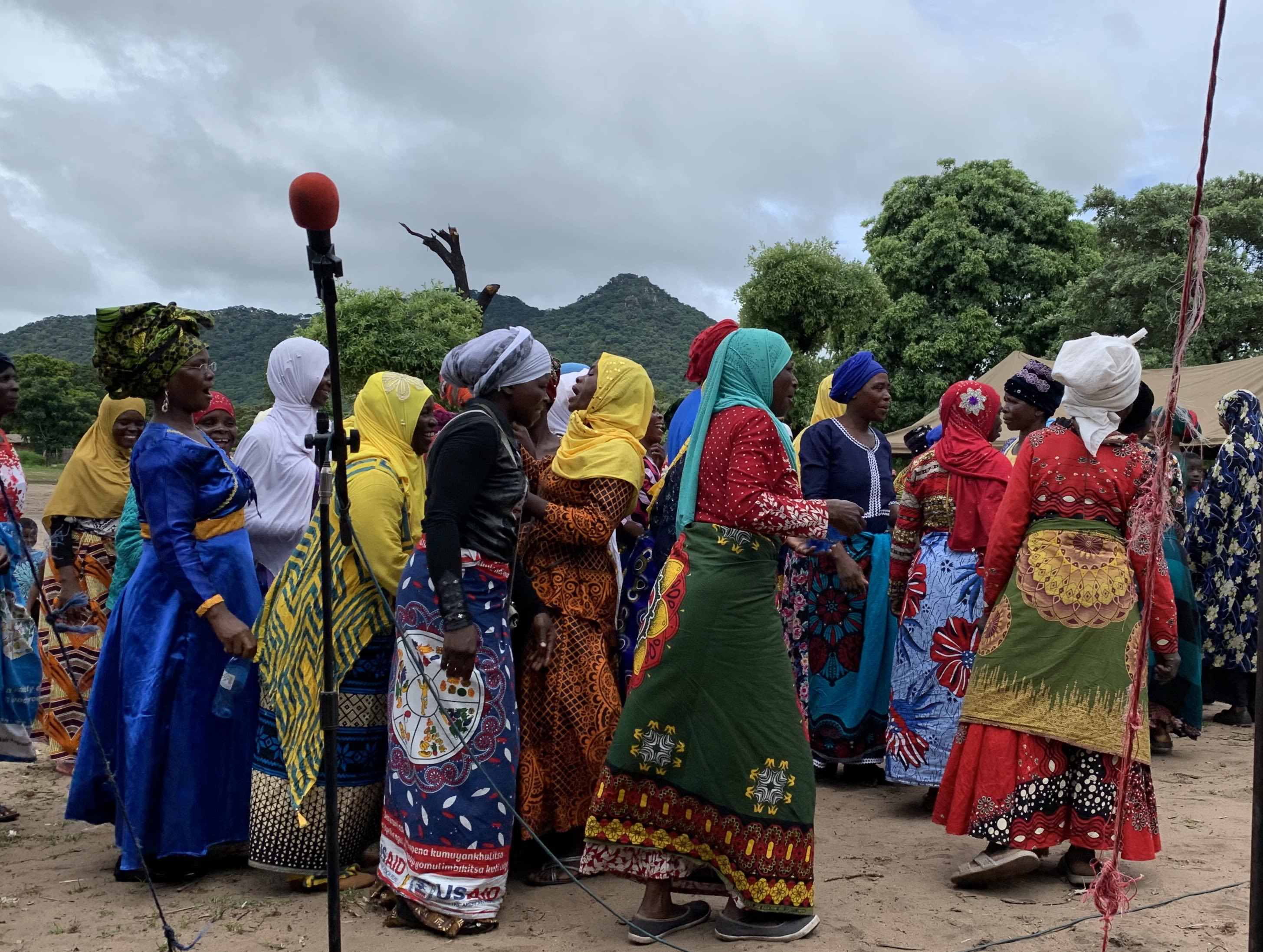
Enet Chatayikla, Treasurer of Matandwe forest reserve from Nsanje in the south of Malawi, attended the Trialogue and shared why engaging Indigenous and local knowledge holders is critical for the assessment.
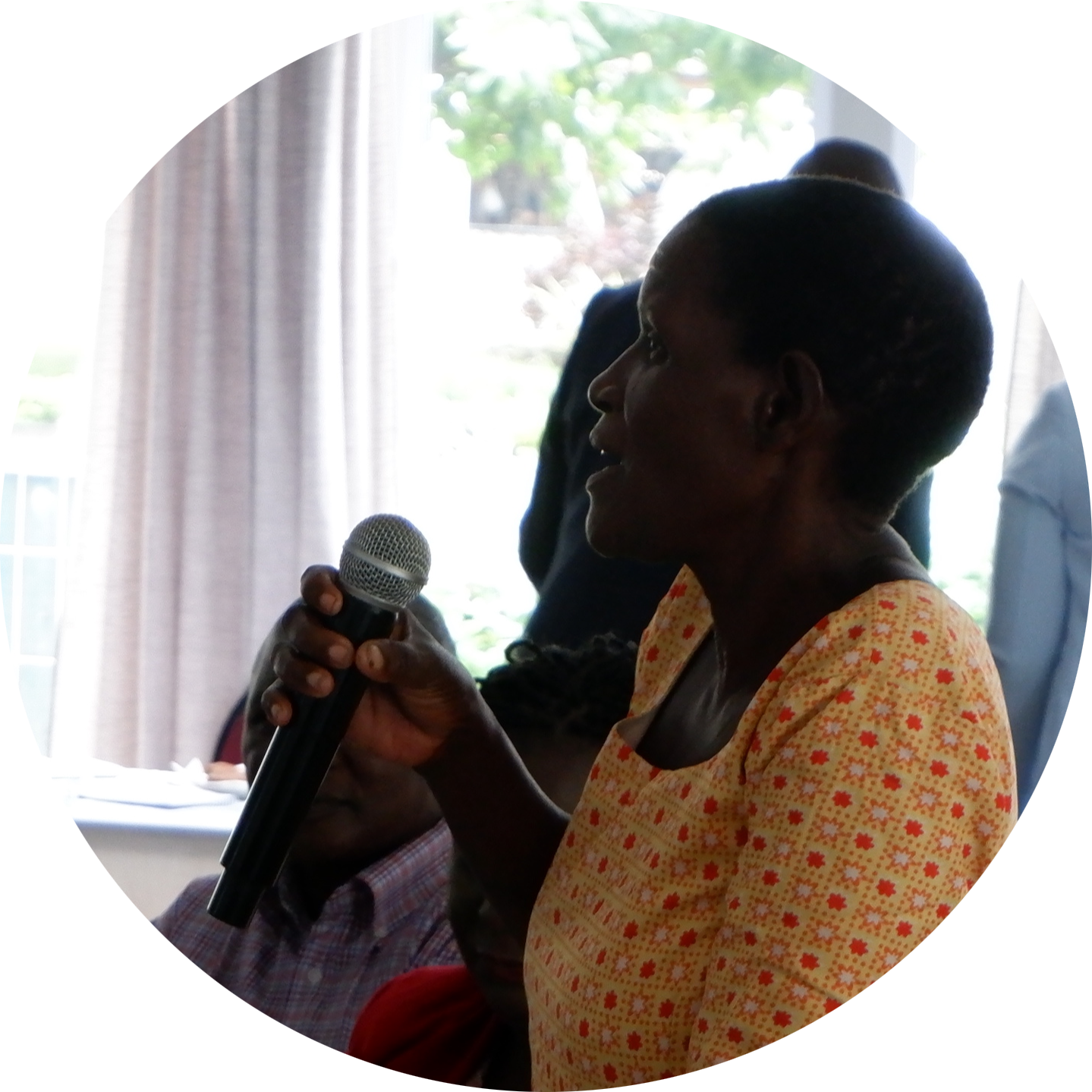
We can see the power of Indigenous and local knowledge and traditional beliefs over biodiversity, ecosystem management and conservation. We need to work with the Government by using Indigenous and local knowledge and science for the conservation of biodiversity and ecosystem services.
I want to challenge the notion that scientific knowledge and Government alone can provide the solution to restoring our biodiversity and ecosystem services. We need a combination of both scientific and Indigenous knowledge.
The Trialogue was attended by representatives of communities from various regions of Malawi – including Nsanje, Mulanje, Mangochi Lilongwe, Salima, Mzimba, Rumphi and Nkhata-bay – and the knowledge exchange occurred across and between local communities – sometimes through poetry, dance and plays.
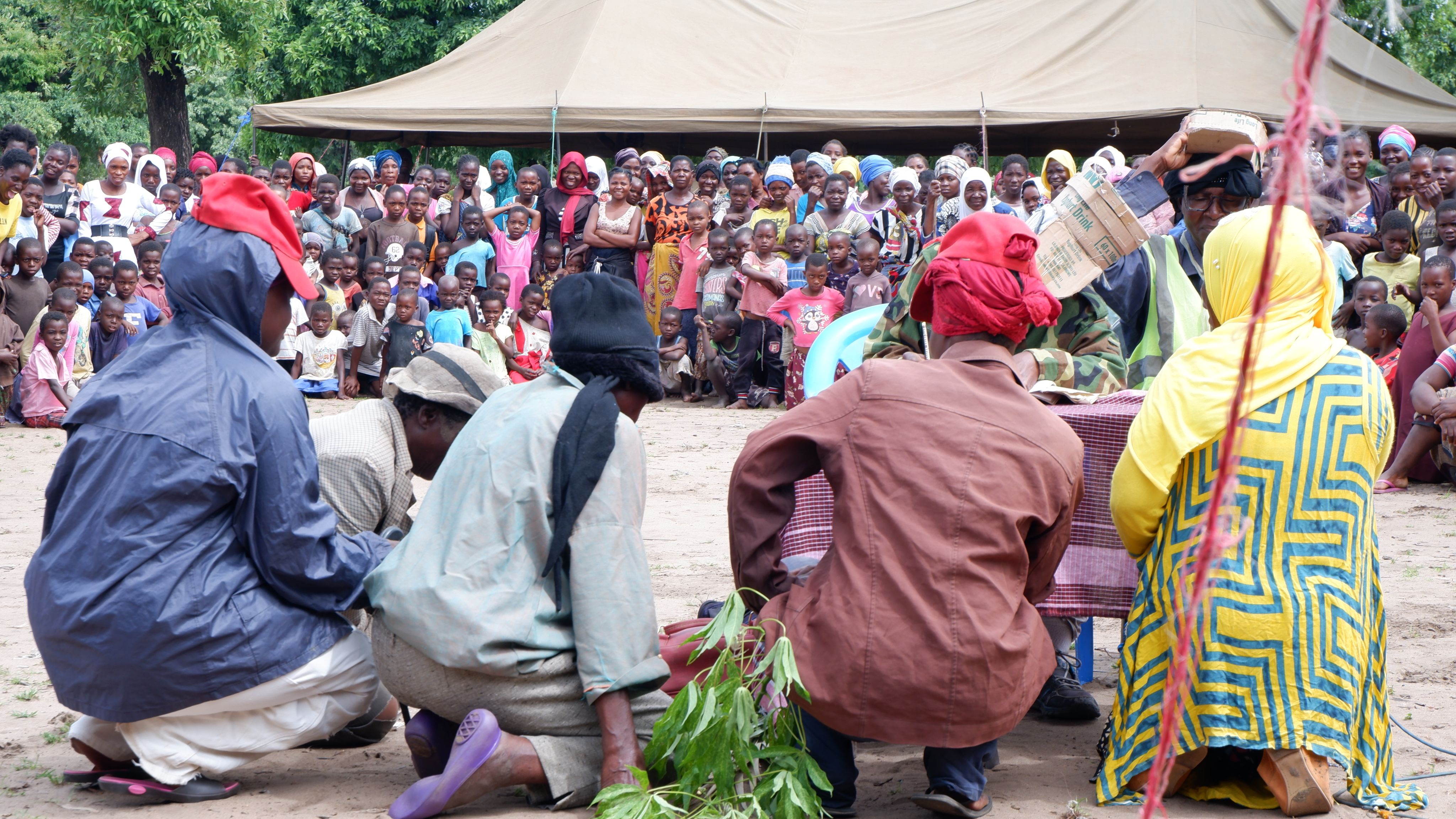
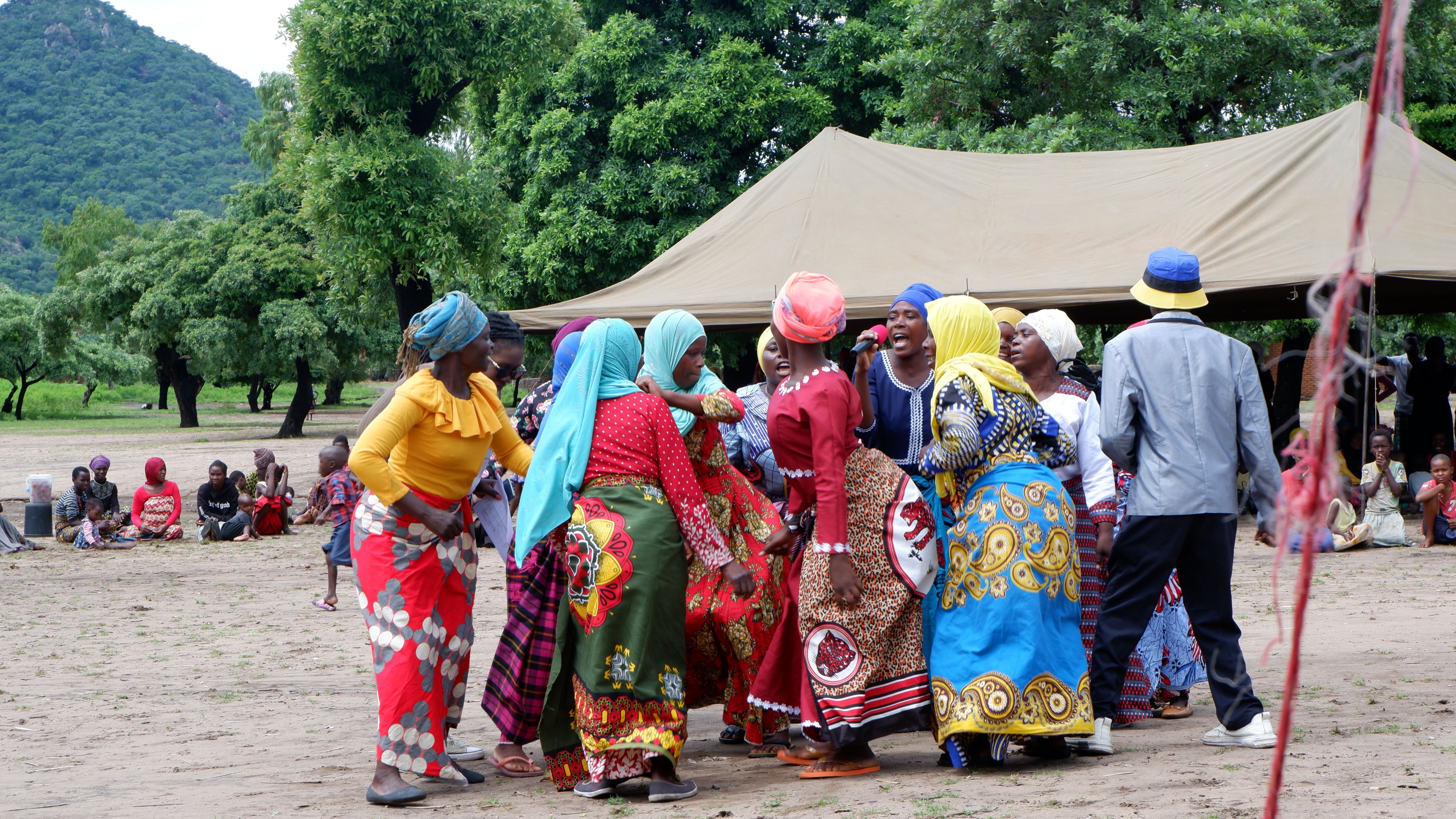
The collaborative nature of Malawi’s assessment, involving governmental entities, academic institutions and international organizations, reflects the commitment to comprehensive and inclusive decision-making processes. Through the Trialogue, the Malawi team fostered the engagement of various stakeholders, including knowledge holders and experts, to ensure a holistic understanding of Malawi's biodiversity challenges and opportunities.
Alice Kammwamba, Project Officer at Lilongwe University's National Ecosystem Assessment Project, sheds light on the transformative role of the Trialogue in fostering a unified understanding of biodiversity and ecosystem services among various stakeholders.

The Trialogue has played a very big role in providing a participatory assessment process by increasing the interaction of different stakeholder groups.
It has drawn upon an open transformative dialogue approach that has enabled the creation of a common voice and mutual understanding amongst all the stakeholders on issues around biodiversity and ecosystem services and policy questions on which the assessment will be based.
Listening to diverse voices and leaving no one behind, the Malawi assessment team is well-positioned to provide a comprehensive evaluation aiming to inform policies that can restore ecosystems while providing economic and social benefits to the people of Malawi.





